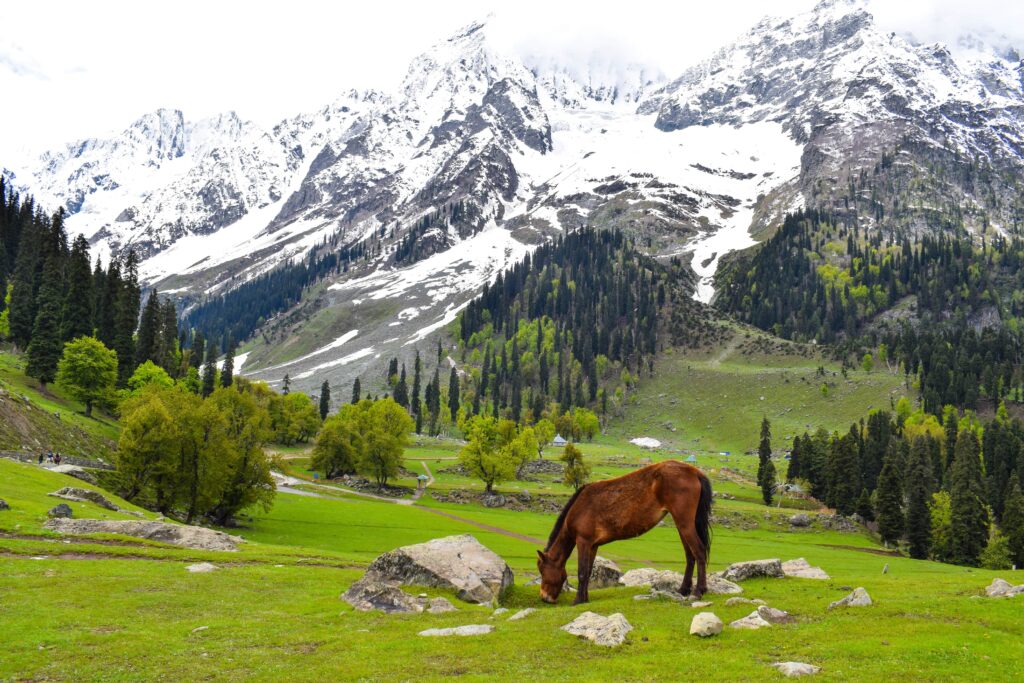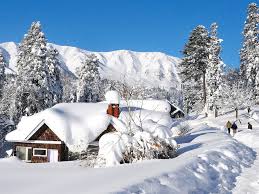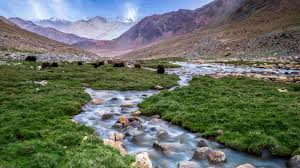The Kashmir Valley, often referred to as “Paradise on Earth,” is a picturesque region in northern India, nestled within the Himalayas in the state of Jammu and Kashmir. Its stunning landscapes, vibrant culture, and rich history make it a globally renowned destination. Here’s an in-depth look:
Geography and Location
- The valley is surrounded by the majestic Himalayas in the north and the Pir Panjal Range in the south.
- It is primarily drained by the Jhelum River, which flows through the valley, adding to its scenic charm.


Natural Beauty
Lush Greenery and Meadows:
Rolling meadows like Gulmarg and Pahalgam are dotted with wildflowers and pine forests, offering breathtaking vistas.Snow-capped Mountains:
The valley is encircled by towering peaks that remain snow-clad for much of the year.Lakes and Rivers:
- Dal Lake: Famous for its floating gardens and houseboats.
- Wular Lake: One of the largest freshwater lakes in Asia.
- Rivers like Jhelum and Lidder are popular for activities like rafting and angling.
Gardens and Orchards:
- Mughal Gardens like Shalimar Bagh and Nishat Bagh reflect the grandeur of Mughal architecture.
- The valley is also famous for its apple orchards and saffron fields in Pampore.
Culture and Heritage
Language and Traditions:
- The local language is Kashmiri, but Urdu and Hindi are also widely spoken.
- Traditional Kashmiri attire like the Pheran and crafts such as Pashmina shawls and carpets are globally admired.
Cuisine:
- Kashmiri dishes like Rogan Josh, Gushtaba, and the traditional multi-course meal Wazwan are culinary delights.
- Kashmiri Kahwa (saffron tea) is a must-try.
Spiritual Significance:
- Known for its religious harmony, the valley has ancient temples, mosques, and Sufi shrines like the Shankaracharya Temple and Hazratbal Shrine.

